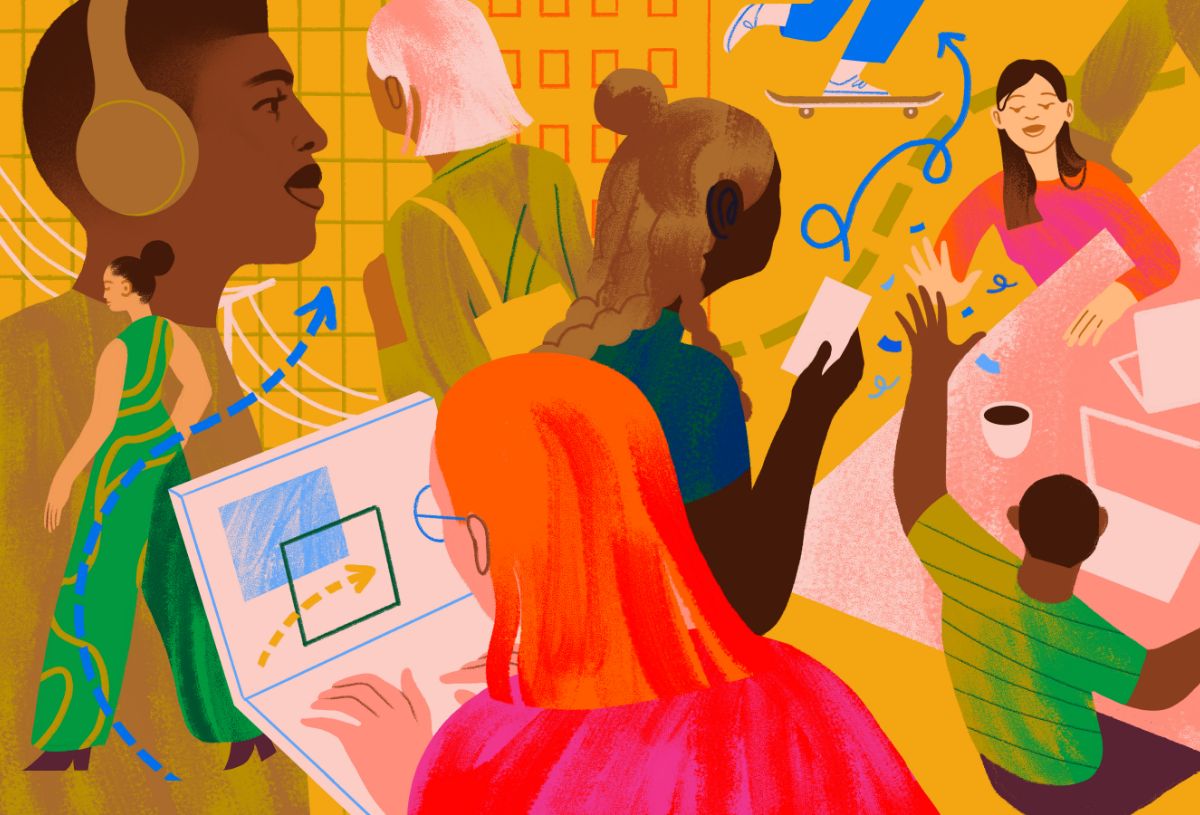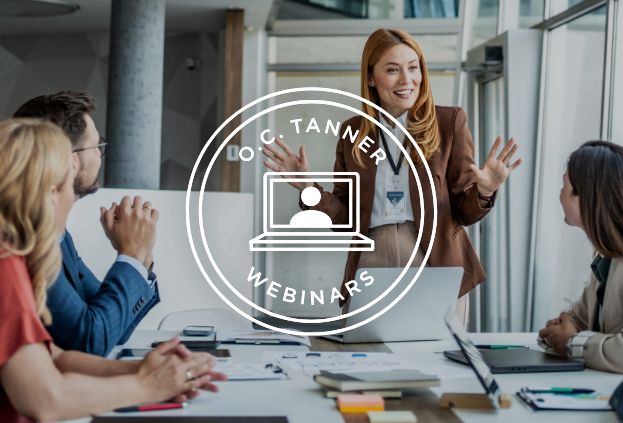Rebroadcast: Evolving Your Culture With Guest Tim Kuppler
season 3, episode 4

Welcome to The Work Place, where we talk about the cultures we work in, and how to make them better for everyone. I’m Andrew Scarcella.
This episode, we’re rebroadcasting a pre-pandemic conversation with Tim Kuppler about guiding workplace cultures that’s more relevant than ever.
Right now, thousands of companies are looking forward at the next year, after doing a lot of looking back at last year, and trying to figure out how their business, and their culture, needs to change. Because it does need to change. If there’s one thing every single guest we’ve had on since the pandemic began agrees on, it’s that there is no normal to go back to. We are tiny cultural tugboats on a roiling ocean, and it’s going to take some boldness, and some finesse, to push our workplace cultures where they need to go.
Join us after the interview for Tangible Takeaways, where we’ll talk about the ideas and actions we can take with us and implement our own workplace cultures.
Workplace of the Week
But before we get to the interview, I’d like to introduce a new segment: Workplace of the Week. Where we share stories from our listeners about how they’re guiding their workplace cultures. Full disclosure, it’s really going to be more like a Workplace of the Month, but that doesn’t sound as good, does it?
Our first ever Workplace of the Week is the Houston-area non-profit Be a Champion, who uses sports, education, and community service to enhance the development of under-priviledged youth in Texas.
Not only did they quickly adapt during the pandemic to meet the new needs of their employees, aka transitioning most of their staff to working from home, they also made sure their site staff stayed safe as they served free meals to students across the state. Their Director of Training and Development, Sabrina, writes, “To respond to the food insecurity in our communities, we went from serving 40,000 free meals to students during a typical school year to as many as 350,000 meals just in the summer.” And to thank their people for their unprecedented efforts accomplishing that feat, they used their recognition program—powered by O.C. Tanner’s Thanks platform, I might add—to reward employees who went above and beyond. Which is probably just about everyone, given how things have gone. Great work, Sabrina, and everyone else at Be a Champion.
Think YOUR workplace is worthy of Workplace of the Week? Send us an email to theworkplace@octanner.com, and maybe we’ll feature it on an upcoming episode. Okay, let’s get to that interview.
Tim Kuppler is the Director of Culture and Organisation Development with Human Synergistics, a pioneer in the field of workplace culture and leadership assessment and development. He’s also the co-founder of cultureuniversity.com and author of Build the Culture Advantage.
Tim was interviewed by David Sturt, an Executive Vice President at O.C. Tanner, New York Times bestselling author, and my benevolent boss.
Tangible Takeaways:
Now it’s time for Tangible Takeaways, where we take big ideas for a shopping spree on Chicago’s magnificent mile and spoil them with outfits from all the hottest designers: Burberry, Prada, Kenzi, and Svalbard, a brand so high-end, it only has one store and no one’s allowed in.
1. The first is that workplace cultures evolve on their own. As much as we may want to control them, we can’t, really. The best we can do is guide and shape them. But that doesn’t mean we’re powerless. Far from it. It all starts with a clear understanding of why. WHY are we trying to change our cultures? And what outcomes do we want to achieve by doing so? This is the crux of intentional cultures. As clear as our vision is for change, we’ll always have to have checkpoints along the way, so you can adjust and refine to account for cultural drift. Tim suggests holding involvement meetings with key stakeholders every 6 months for as much as 10 years to gather feedback and adjust priorities, which sounds daunting, but that’s the kind of long-term thinking that leads to the very best cultures.
2. The second is that while we want our cultures to be built on a foundation of shared values and a common purpose, the real drivers of culture are often unwritten, unspoken rules and norms. This is why workplace culture is such a tricky thing to try and shape. Because most times, it shapes itself. No one wants unconscious biases, presumed communication styles, and a tendency to default to traditional leadership in their workplace culture. But there they are, lurking in the shadows, digging their roots into your people and preventing real change from happening. So as much as you need to preach the gospel of what your ideal culture should be, and you do, it’s at least as important to say what it shouldn’t be.
3. The third is that the future of workplace culture has never been more unknown. Right now, we’re in a moment of upheaval and unpredictability. Out of which could come any number of new paradigms. Good or bad. But hopefully good. It’s springtime on the farm, and the earth is ready to be tilled. So start up your tractor, grab a seed bag, and don’t forget to feed the chickens, they get cranky when they’re hungry.
As always, this episode was written by yours truly—with original music and sound design by Daniel Foster Smith.
The Work Place is sponsored by O.C. Tanner, the global leader in engaging workplace cultures. O.C. Tanner’s Culture Cloud provides a single, modular suite of apps for influencing and improving employee experiences through recognition, career anniversaries, wellbeing, leadership, and more.
If you want your organisation to become a place where people can’t wait to come to work in the morning, go to octanner.com.



